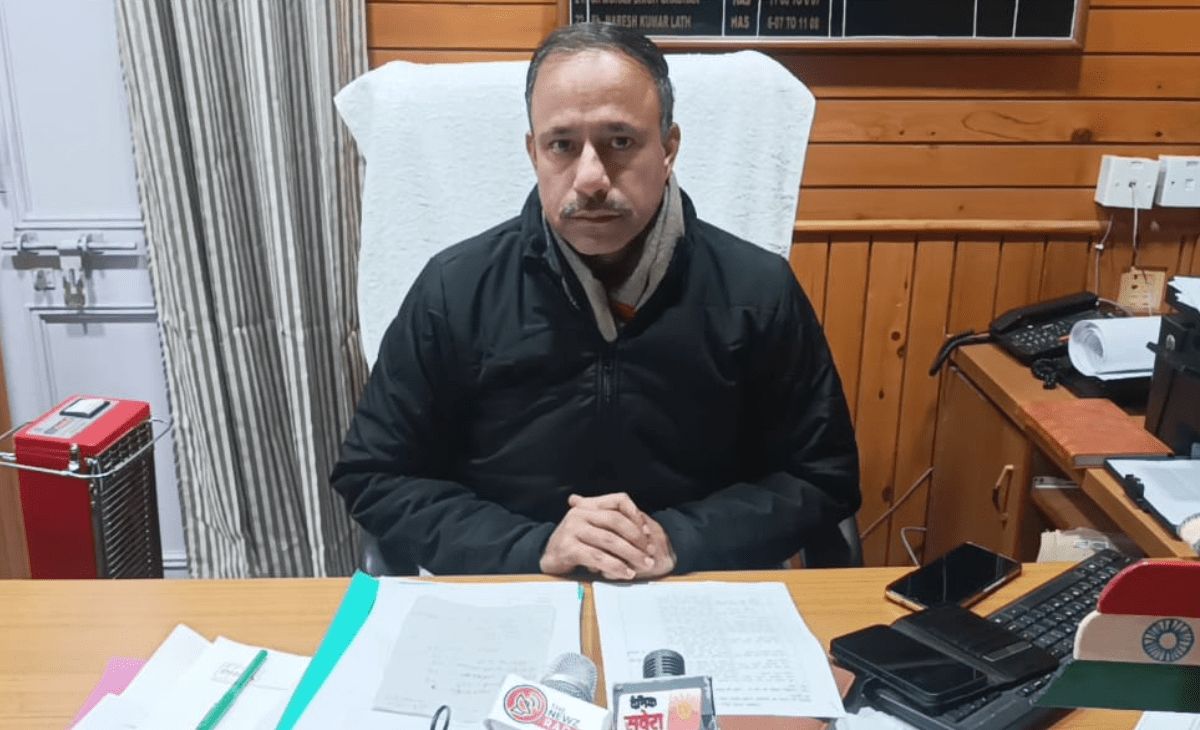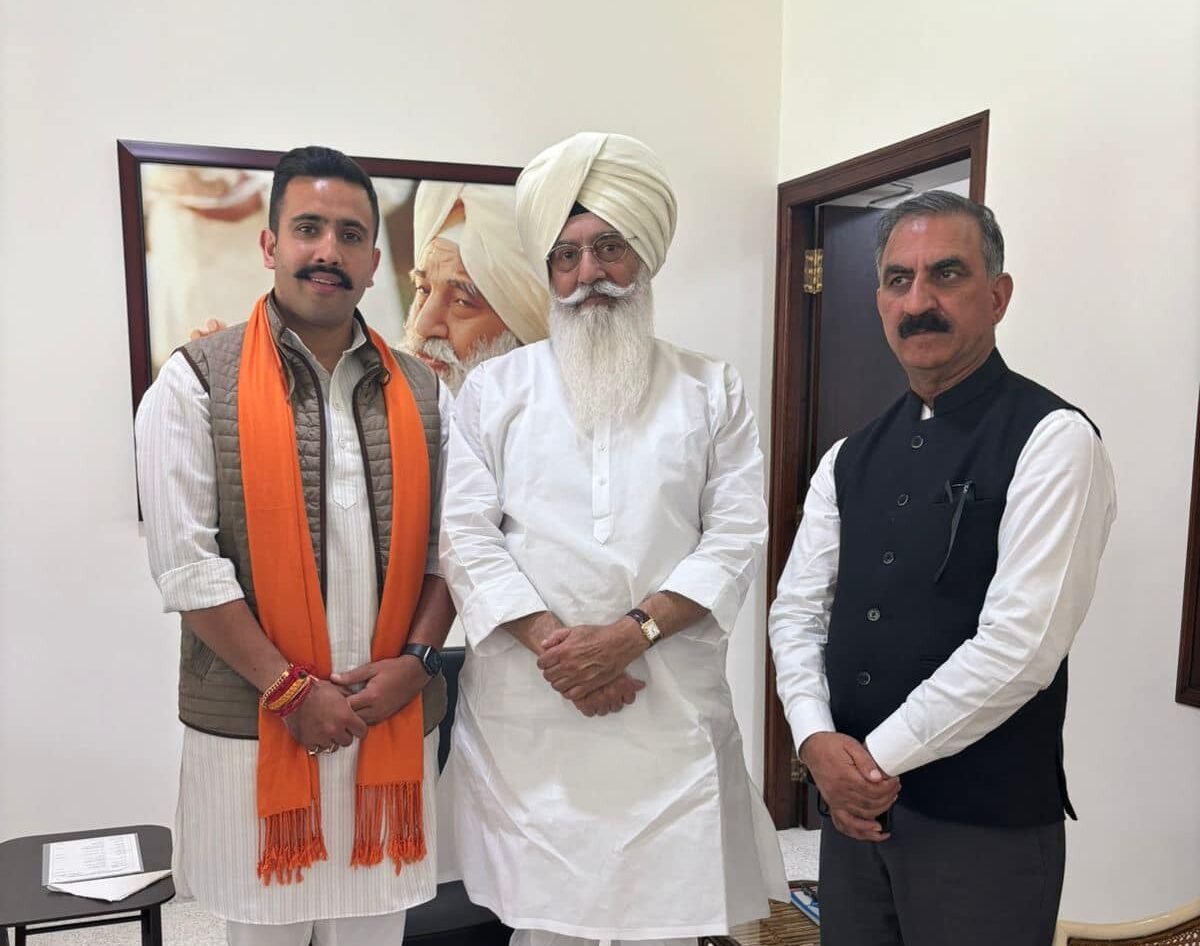SHIMLA: The historic Simla Agreement, signed over five decades ago to chart a peaceful path between India and Pakistan, has returned to the centre of international attention amid renewed diplomatic hostilities between the two nuclear-armed neighbours.
The Pahalgam terror attack in Jammu and Kashmir, which claimed the lives of 25 tourists and a local civilian, has triggered a series of retaliatory actions from both countries.
In the aftermath, diplomatic relations have rapidly deteriorated, with embassies scaling down operations, cross-border travel suspended and consular access disrupted.
Historic peace agreement under threat
Signed on July 2, 1972, following the 1971 India-Pakistan War, the Simla Agreement was designed to establish a framework for peace, non-aggression and bilateral resolution of all disputes, including the contentious issue of Jammu and Kashmir.
The agreement emphasised respect for each other’s sovereignty, non-interference in internal matters and the importance of direct dialogue over third-party mediation.
A critical component of the agreement was the formal establishment of the Line of Control (LoC) in Jammu and Kashmir, which both sides agreed to respect without altering its status unilaterally.
However, the spirit of the Simla Agreement now appears in jeopardy as Pakistan has formally announced its suspension of the treaty, citing recent actions taken by India, including the expulsion of diplomats and a temporary suspension of cooperative water-sharing mechanisms.
Threat to pact as India vows strong response to Pahalgam attack
The diplomatic landscape between the two nations has been further complicated by India’s strong response to the Pahalgam incident, which New Delhi alleges was orchestrated by groups operating from across the border.
Islamabad has denied involvement but reacted sharply to India’s diplomatic and strategic countermeasures.
With Pakistan now unilaterally withdrawing from the Shimla framework, the principle of resolving disputes through bilateral dialogue faces an uncertain future.
The move has raised an alarm among international observers, who view the agreement as a stabilising pillar in South Asia’s otherwise volatile political climate.
Some argue pact couldn’t resolve core issues
Over the years, the Simla Agreement has been both lauded and criticised. Some view it as a visionary step that prevented escalation into full-scale war while others argue that it failed to resolve core issues and allowed room for future conflicts.
There is also criticism over missed opportunities, particularly in the aftermath of the 1971 war when India held a strong bargaining position.
Questions have since been raised about the release of prisoners of war without securing lasting commitments on contentious issues like Kashmir.
As both nations brace for potential fallout, the collapse of the Simla Agreement framework could invite increased international attention and possibly external mediation—something the original treaty had deliberately sought to avoid.
Munish Sood









